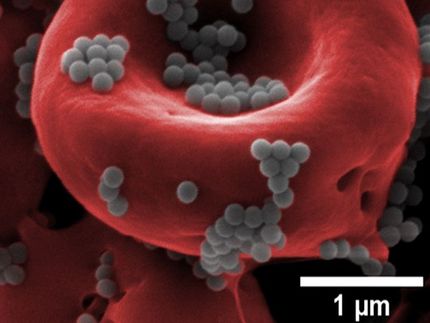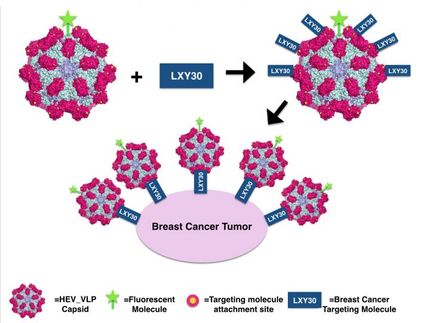New report finds that the US government is the largest funder of global health R&D worldwide
Advertisement
A new report that the United States government is the largest funder of global health research and development (R&D) in the world, investing $12.7 billion over the past 10 years in the creation of new vaccines, drugs, diagnostics, and other products for neglected diseases of the developing world. That funding, according to the report, helped lead to the development of more than half of the 45 new health products in the last decade that have been used to save lives around the world.
The report, which will be released by the Global Health Technologies Coalition (GHTC) and Policy Cures at a briefing in Washington, finds that the US government each year provides around 45 percent of the total global investment and 70 percent of all government investment worldwide in global health R&D. In the last decade, the US government more than doubled its yearly financial commitment to developing new global health products, from $685 million in 2000 to $1.4 billion in 2010. These investments represent just 0.01 percent of US gross domestic product (GDP).
The report, Saving lives and creating impact: Why investing in global health research works, finds that five federal agencies—the National Institutes of Health (NIH), US Agency for International Development (USAID), Department of Defense (DoD), Centers for Disease Control and Prevention (CDC), and Food and Drug Administration (FDA)—provide significant contributions each year to global health R&D. This commitment from the US Government and its federal agencies has led to a remarkable increase in global health products. Forty-five new health tools were registered between 2000 and 2010, and the US Government was involved in 24, or 53 percent, of these new global health products in the last decade.
"This report provides critical new evidence for policymakers in the United States," GHTC Director Kaitlin Christenson, MPH, said. "We always believed that the United States was a leader in global health R&D, and that US investments were making a huge difference in the global public health landscape. And we now have clear evidence that support these beliefs and shows the critical importance of US support for these lifesaving health tools."
The United States and its partners are now supporting the largest pipeline ever of new global health products, the report said. Federal agencies are working with partners in the nonprofit, academic, private, and philanthropic sectors to support development of 200 of the 365 products in the pipeline, many of which will become the next generation of lifesaving vaccines, drugs, and other tools.
"Our report also shows that a sustained and even increased commitment to global health R&D from the United States is needed now, especially as several promising research projects are moving toward later-stage clinical trials—the final steps to ensure that the products are effective and safe," Christenson said.
This next generation of global health products promises to deliver even greater health and economic gains, both at home and abroad. For instance, the report finds that funding for global health R&D not only benefits the developing world—it also boosts the US economy. Around 64 cents in every dollar spent by the US government on global health R&D goes directly to US-based researchers.
"After years of neglect, the global health R&D landscape for new products has been transformed in the last decade, driven by sustained investment from the US government and increasing support from industry, other public funders, and philanthropic agencies like the Bill & Melinda Gates Foundation," the report says.
The report finds that the health and economic benefits, both domestically and internationally, provide clear reasons for the United States to continue its support for global health R&D. It also offers recommendations for how the US Government can generate an even greater impact from its investments in new global health products. These include maintaining funding levels for global health R&D and increasing these levels where possible; and bolstering its partnerships with industry, nonprofit groups, and the philanthropic sector to translate promising research into new successful health products. The report also noted that US support for global health R&D has been heavily tilted toward basic science research and increased support for the later stages of research will be needed as more products move into the final stages.
























































